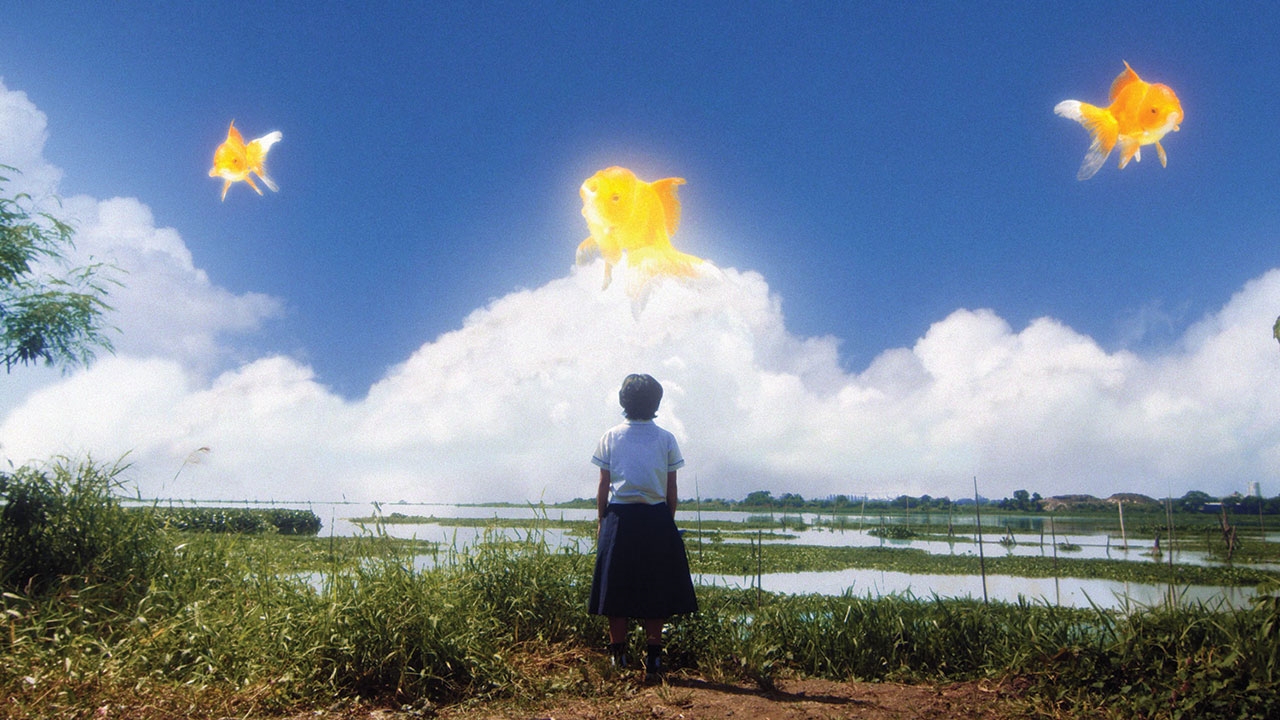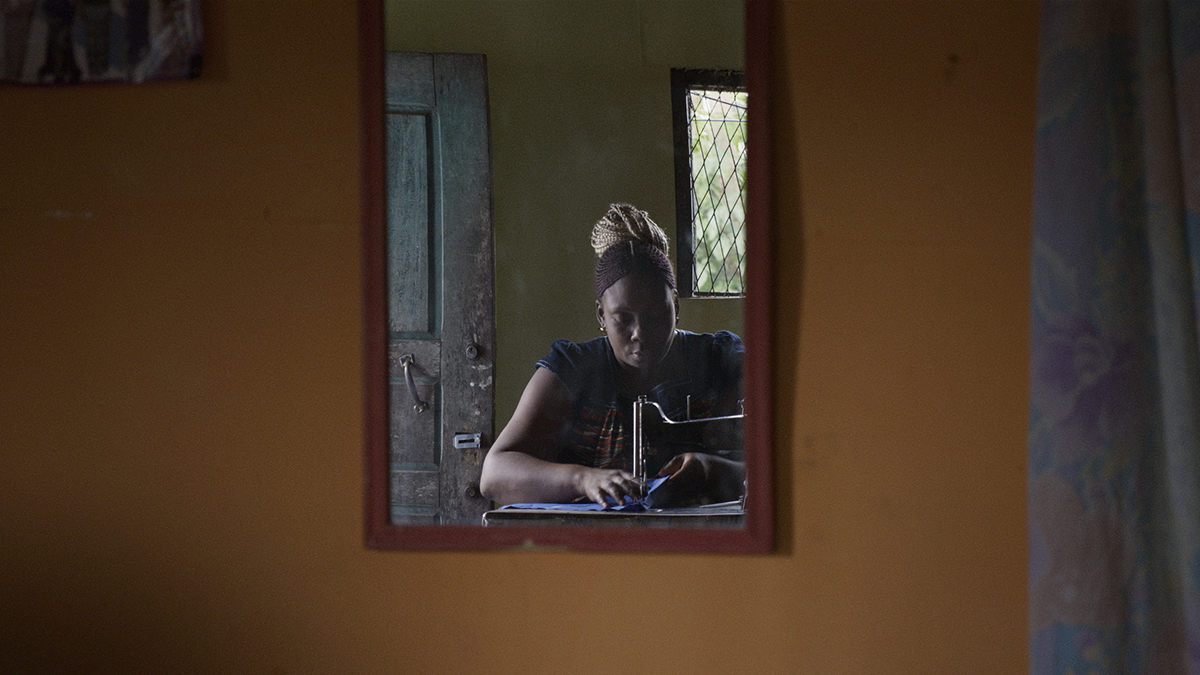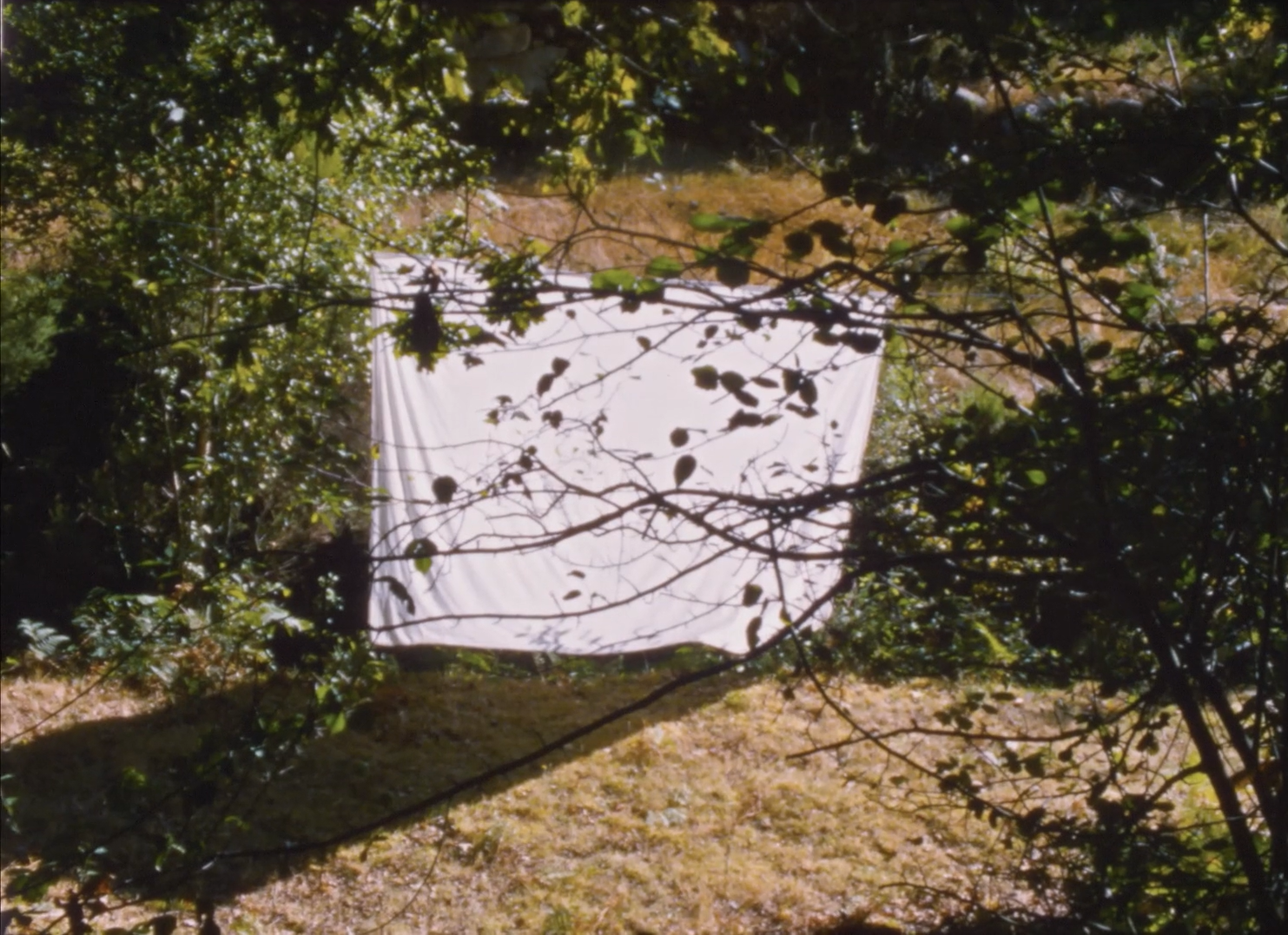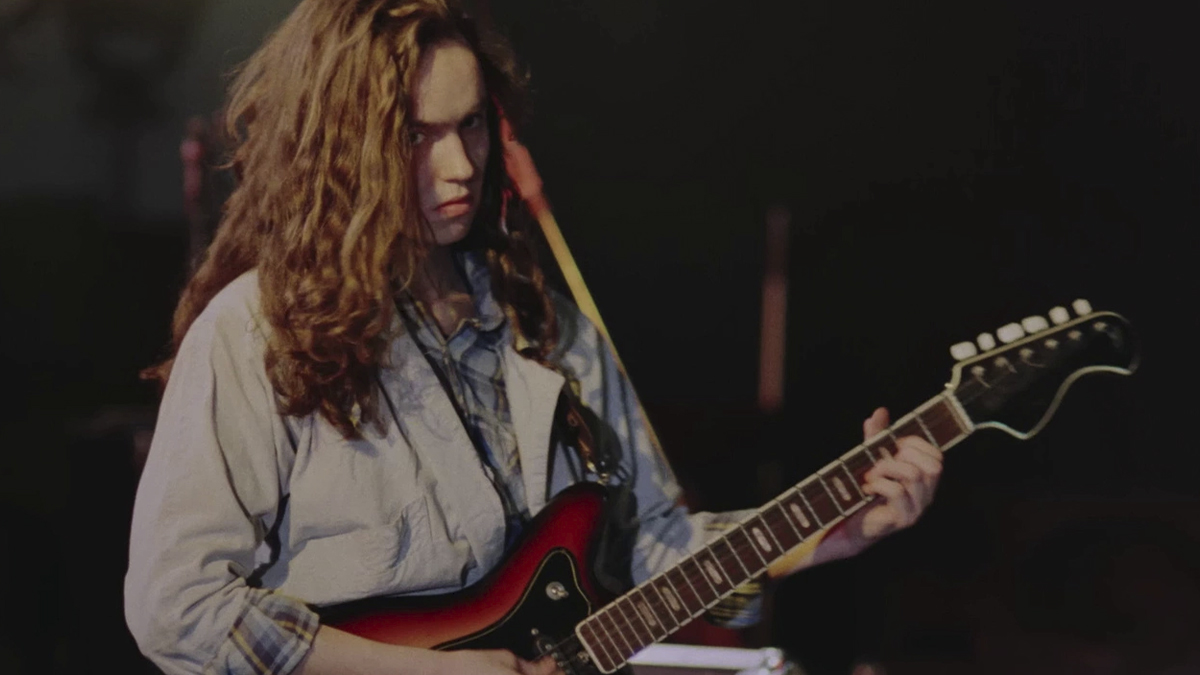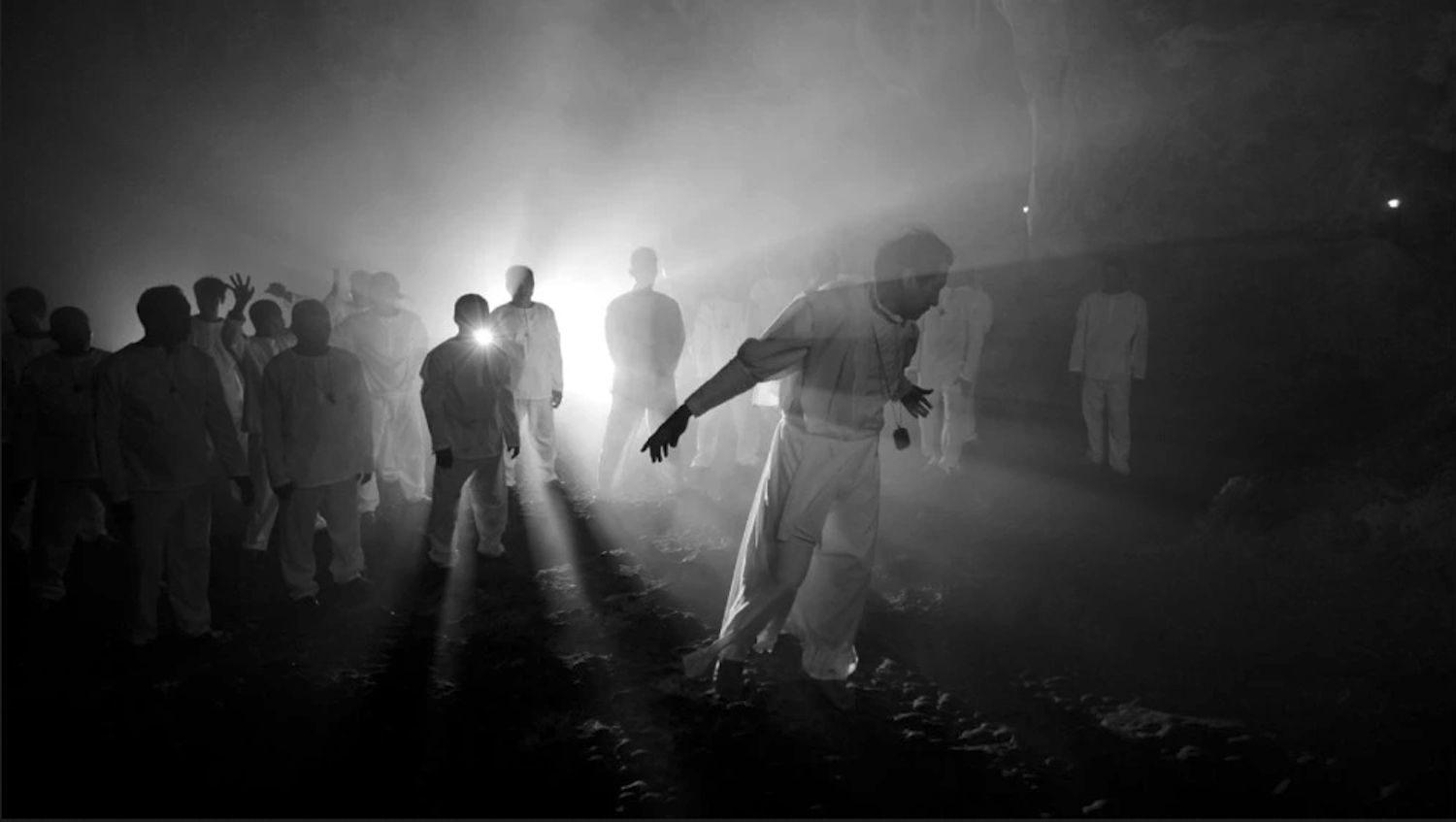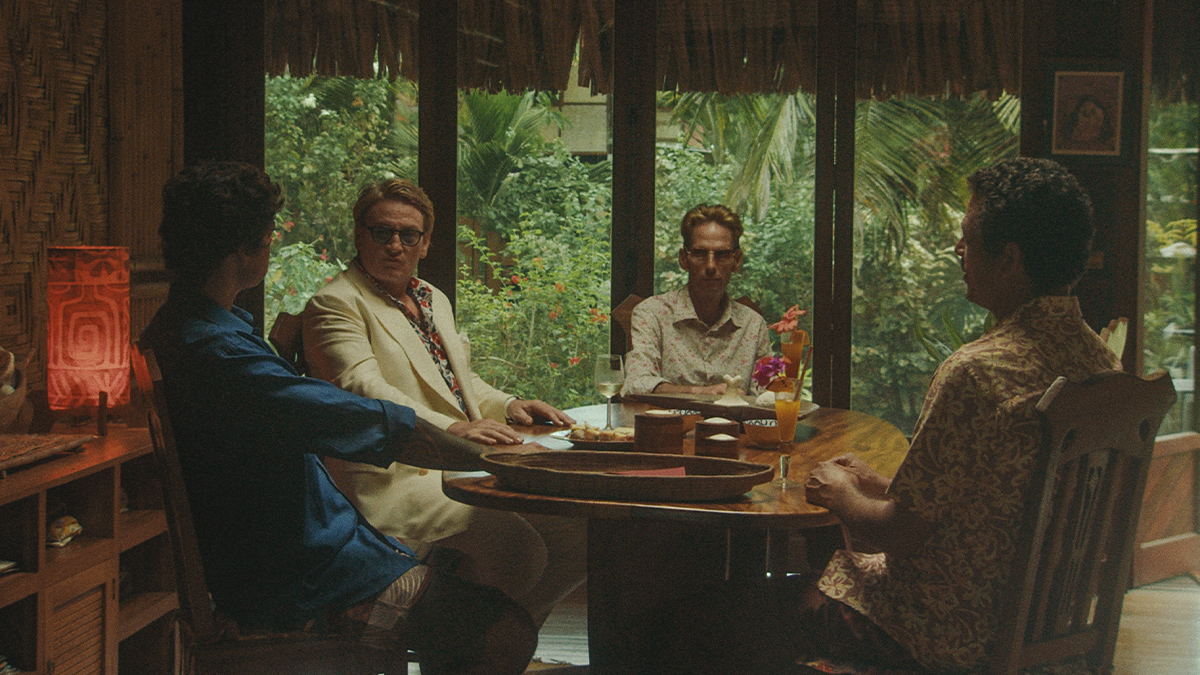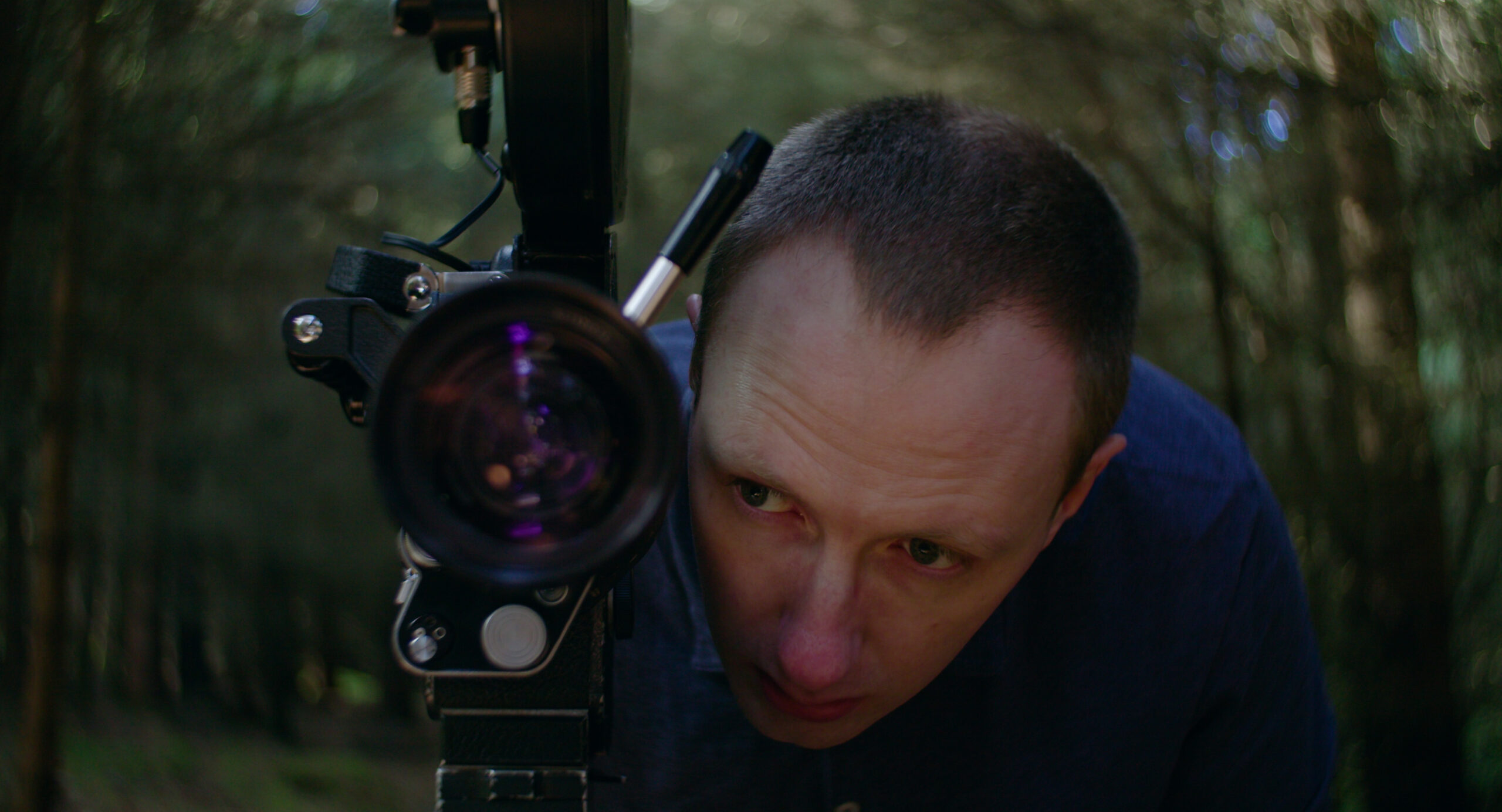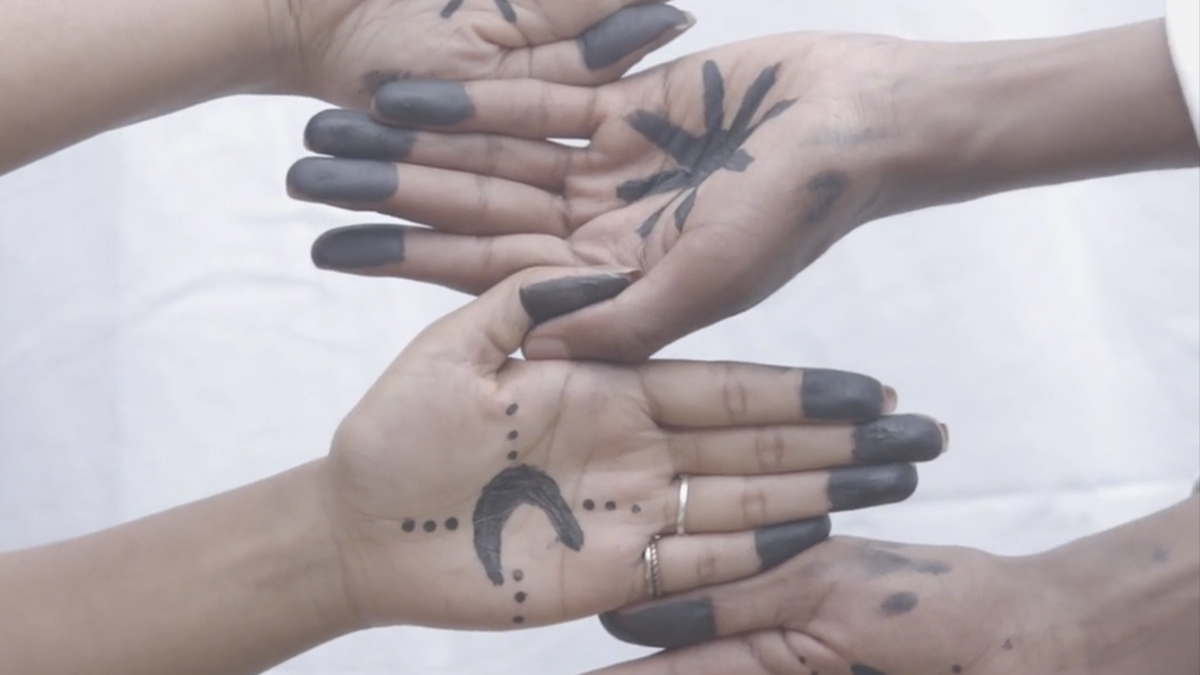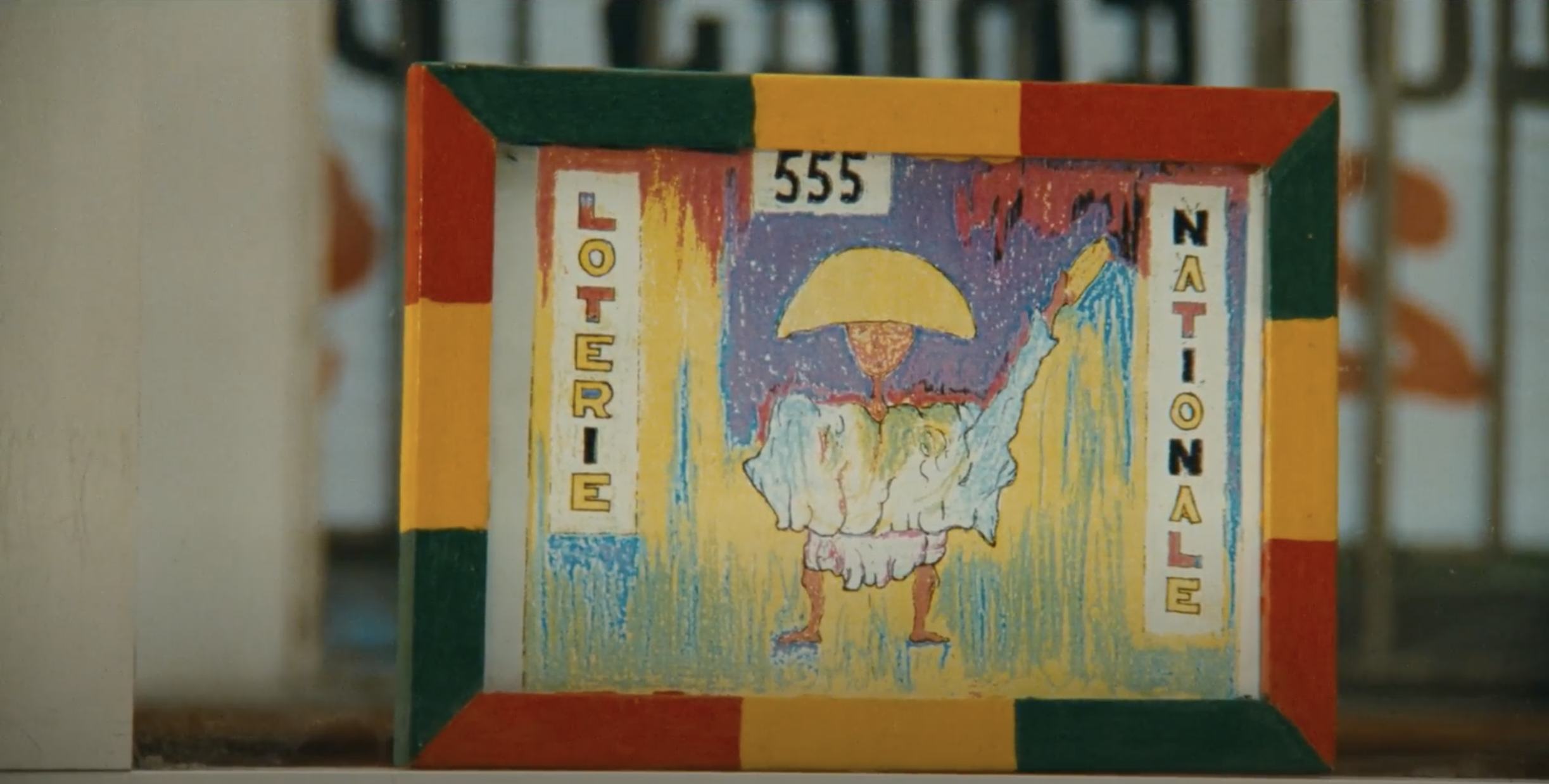Winnie Wang writes about “When the Apocalypse is Over” — a series of contemporary films from the Philippines opening this February at BAM.
Mambar Pierrette: All of Cameroon’s Cares on Her Shoulders
by Abiba Coulibaly Mambar Pierrette continues Roisin Mbakam’s exploration of the confessional function offered by informal businesses and the entrepreneurial African women who man them—following the thread of […]
Colección Privada: The Super 8 and 16mm Scene in Spain
by Lucía Salas We’re proud to present this piece in both English and Spanish, translated by the author. When studying the history of film, we start with its […]
Helke Misselwitz: Moving East to West Amidst the Sperrmüll
Reflections on Bulky Trash (Helke Misselwitz, 1991) by Elspeth Vischer Reflections on labour and parenting in the final days of the GDR are framed within an interesting dichotomy […]
Around The World in 14 Films: ‘When The Waves Are Gone’, ‘EO’ and ‘Trenque Lauquen’
by Florian Weigl One way to test the cinephile mettle of a country is to go to its most prominent festival of festivals. Canada and Toronto have TIFF, […]
“10 Years Down the Drain”—Glocca Morra’s ‘Just Married’ (2012)
An appreciation of Glocca Morra’s album ‘Just Married’, for its 10-year anniversary
Contemporary Limbo: Albert Serra’s ‘Pacifiction’
“The thrill of seeing bastions of society crumble in real time, the pervading sense of quiet reluctance as the doomsday clock moves forward, the grimy and unkempt edges of a world whose hope of subsisting is quickly fading away…”
Ghost in the Machine: ‘Hole in the Head’ (2022)
Hole in the Head, the new feature from Dean Kavanagh, is a wonderfully labile rendition of cinematic obsession as a simultaneously profound, absurd, deracinating, and visceral experience.
The Uses of Myth | Spectral Grounds: Black Experimental Film
“Not all featured works are formally experimental, but presented as experimental ontologically: the landing page of the website bears a curatorial statement that calls this practice “part of an endless repertoire and arsenal of Black survival.””
Neocolonial Grip: Ousmane Sembène’s ‘Tauw’ (1970) + Djibril Diop Mambéty’s ‘Le Franc’ (1994)
Currency takes even more of a centre stage in some of their lesser-known shorts steeped in acute political commentary: Le Franc (1994) and Tauw (1970) respectively, which delve deeper into many of the context-specific issues of cash—and lack thereof—in Francophone Africa, exposing the incomplete nature of the decolonial project.

